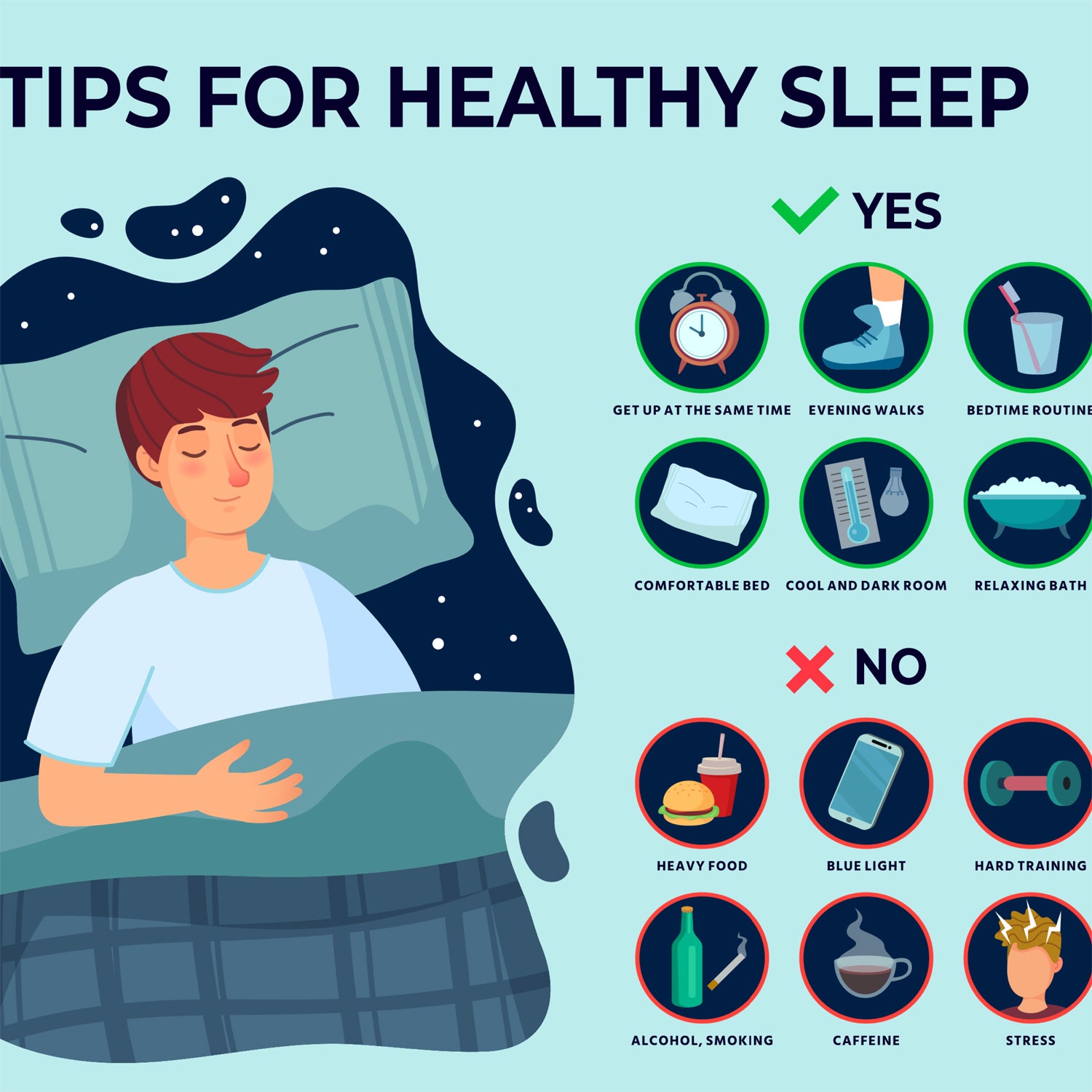5 Ways To Set Your Circadian Rhythm For Better Sleep
Having a consistent circadian rhythm has been proven to promote a good quality and duration of sleep.
For athletes, the sleeping hours are when we are getting better. It’s when a lot of the adaptations and restoration processes take place so that the body can absorb hard training, so getting enough good sleep is crucial to athletic development.
Here, Built for Athletes looks at five simple ways you can set your circadian rhythm to improve sleep.
Wake and go to bed at the same time
Our ancestors’ circadian rhythms were set by the rising and setting sun. Just like their’s, our own circadian rhythms work on a set loop that triggers changes in hormones at different times of the day. A late night or long lie-in, as tempting as they may be, can confuse the body and throw the hormone balance.
Fresh Air
Getting fresh air in the early hours of your day is one of the best ways to set your circadian rhythm. Whether it’s accessed through going for a short walk or simply standing by an open door or window, breathing in fresh air will give a cue to your body that it is now awake for the daylight hours.
Reduce Light Exposure Before Bed
Light exposure has a critical effect on the circadian rhythm. If you are exposed to too much light in the hours before heading to bed, your body may not produce as much melatonin - a sleep-inducing hormone. Try purchasing a pair of blue light glasses to filter out some of the unwanted light from electronic devices in the evening.
Increase Light Exposure During The Day
Just as blocking out light in the evening can help, making sure you are exposed to daylight during the hours you are awake can boost energy levels as well as quality sleep at night.
Reduce Caffeine Consumption
Caffeine, particularly when consumed late in the day, has been proven to considerably worsen sleep quality. If you’re a big tea or coffee drinker, it can help to set a cut-off time after which you stop drinking caffeinated drinks. Caffeine can stay in your system for around 6-8 hours, so work backwards from your bedtime to set a caffeine-free period. Herbal teas can be a relaxing alternative if you like a hot drink late at night.


Share:
Why Do Athletes Choke? A Psychologist’s View
How Do Athletes Benefit From Supplementing Vitamin D?